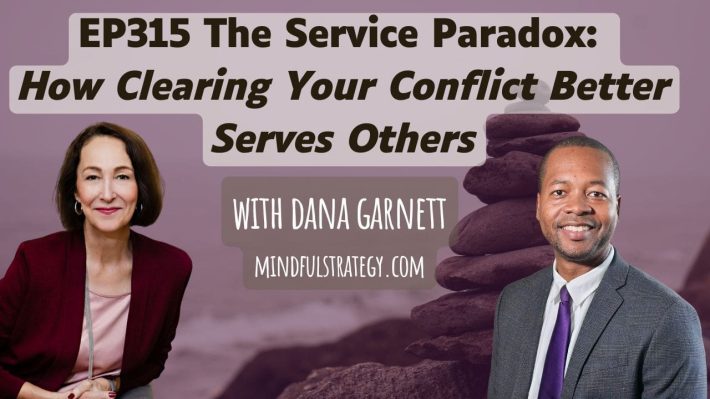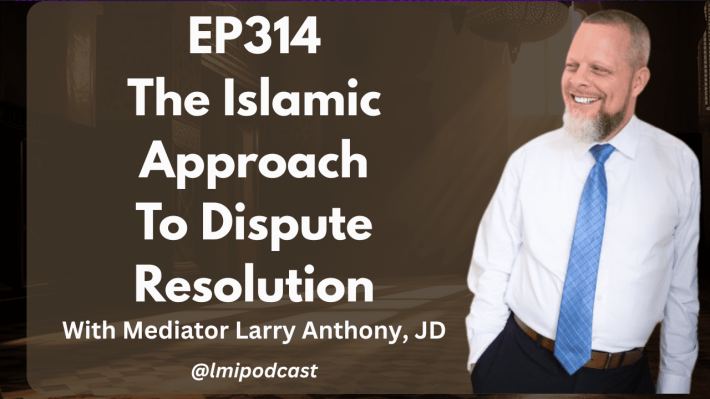February 2021 Negotiations in Mediations
Mediator and InstantMediations.com Advisor Fran Brochstein, whose mediation experience spans decades, provides mediation tips to mediators and parties engaged in dispute resolution. She is based in Marble Falls, Texas and can mediate online with parties from anywhere. Contact her through her site Familylaw4u.com at Fran@Familylaw4u.com. If you have any suggestions for future columns, please feel free to contact Fran.
“You can’t always get what you want, but if you try sometimes, you might find, you get what you need”.
Mick Jagger
This song lyric reminds me of the importance of encouraging people to negotiate at mediation. Mediators need to encourage the parties to think outside the box and come up with creative solutions to their ongoing disputes.
Over the years, I’ve developed the habit of asking parties, “Can you live with the agreements we have reached today?” I never ask parties if they are happy with the results. Generally, in family mediation neither party is “happy” with the outcome. I like to remind people that stoning or flogging the other party into agreement is not allowed under our laws.
At the beginning of my mediations, I usually let parties know that if they both hate me at the end of the mediation, then I did a good job. I also warn parties that mediation is exhausting and difficult since we discuss all the items that the parties could not agree to prior to mediation. I tell both parties that I will not force anyone to settle a dispute. I like to warn parties that I don’t have any magic fairy dust to make the other person be reasonable.
Sometimes when negotiating at mediation, a party expresses their fears and concerns. I often let people know that they can express their fears to me at mediation, but in court the judge will just want to hear the facts. I find that by exploring and discussing their fears, mediation parties gradually begin to think clearer and begin to consider other possible options.
At the end of the mediation process, whether we reached settlement or not, I thank the parties for participating. If an impasse was reached, I encourage the parties to continue to negotiate and try to continue finding ways to avoid “going to the judge.”
Over the years, I have found that many cases settle a few days after the mediation ends. People go home, think about their disputes, talk to someone they trust and/or decide that they just want their case over. The negotiations continue into their private time.
At the beginning of my mediations I assure both parties, “I don’t have a horse in this race,” or “a dog in this hunt.” I like to mention I am a trained professional who has mediated for many years, and that my role is to be an impartial facilitator of their discussion. I assure them that THEY are the decision makers, and that after an impasse it is usually a judge who will make all decisions. Since it’s family law, to connect with parties, I also point out that I’m on my 3rd marriage and I now co-grandparent with my ex. My elevator speech has become, “people come to me in knots and I untangle them.” I’m now considering changing it to, “I’m old & I know things.”
With February being the month of love, I wish everyone who reads this column a wonderful, fun, joyful Valentines. Appreciate and embrace all the positive things in your life. Don’t forget to give your loved ones a big hug – in person or virtual.



